Children are real bundles of energy – they run, play, grow, learn, and discover the world anew every day. All of this requires energy and nutrients, including protein. But how much protein do children really need? And is a protein shake or porridge with a high protein content suitable for little ones? In this blog post, we explain why a balanced protein intake is important and what parents should look for when it comes to protein products.
Why do children need protein? And how much?
Protein isn't just important for adults – children need it too. Protein is the body's building block. It supports growth, tissue repair, and healthy development. Growing children actually need more protein than adults relative to their body weight. The German Nutrition Society (DGE) recommends around 1.5–2.0 g of protein per kg of body weight daily, depending on age. In Switzerland, nutritional recommendations are based on the reference values for nutrient intake of the Swiss Nutrition Society (SGE), which largely coincide with the recommendations of the German Nutrition Society (DGE), but are somewhat lower.
It's difficult to specify amounts and portions for individual food groups for children, as the actual energy and nutrient requirements depend heavily on the child's size, developmental stage, and physical activity. Children have a good sense of hunger and satiety and should learn to rely on their feelings of fullness. Children also often eat very irregular amounts, and their preferences change frequently. As long as children thrive, are productive, and maintain a normal body weight, there's no cause for concern.
Despite the varying and imprecise figures, the societies agree: A balanced diet with natural protein sources is generally sufficient to meet children's protein needs. Due to children's lower body weight, the requirement is manageable in absolute terms. Importantly, protein intake is best spread throughout the day.
A common question: Can children consume protein products?
At Wheycation, we often receive questions like this: "My children (3 and 12 years old) have been dying to try my Wheycation protein shake, and now they're clamoring every day to say they want the strawberry drink. What age is the shake suitable for? We're also interested in the porridge. Can it be consumed by children due to its high protein content?"
Protein products are generally suitable for children – under certain conditions. It's not the high protein content in these products that's critical, but rather the other additives, especially artificial sweeteners. Parents should be aware of the following:
1. Naturalness of the ingredients
Many conventional protein products contain artificial sweeteners such as sucralose or aspartame. These can impair gut health and alter taste perception, as you become accustomed to excessive sweetness. Our products, on the other hand, contain no artificial sweeteners—or any artificial additives whatsoever. Natural taste is our priority. The sweetness in our flavored protein powders (Cacao, Berry, and Vanilla) comes from Finnish birch sugar (xylitol). In Nature Protein Powder and our two protein porridges, the sweetness comes solely from the ingredients.
2. Xylitol: Advantages and Limitations
Xylitol has many benefits, including insulin-independent metabolism and a minimal impact on blood sugar levels. However, there is a limitation: Because xylitol aids digestion, excessive amounts can have a laxative effect in sensitive individuals. Generally, most people can tolerate approximately 0.6–0.8 g of xylitol per kg of body weight per day (without habituation). For an adult, this is approximately 30–50 g.
One serving (40 g) of our protein powder contains 6-7 g of xylitol. Due to their lower body weight, children initially tolerate significantly lower amounts than adults. Therefore, parents should ensure that their daily intake remains low relative to their body weight.
Protein-rich nutrition for children – natural and balanced
Children should primarily meet their protein needs through a balanced diet with natural protein sources, such as these:
• Dairy products: yogurt, cheese, curd
• Plant-based alternatives: legumes, nuts, oatmeal
• Meat and fish
• Eggs
If it becomes difficult to cover your needs with a balanced, everyday diet alone (e.g. due to children's food preferences, if there is little time between school and training, etc.), it may be appropriate to consider supplementing your diet with natural, functional products, such as our Protein Shake.
Protein shakes or porridges are ideal as a snack or breakfast, especially on particularly active days.
Our conclusion: Protein for children – healthy and safe
Children have high protein needs – and it's important to meet these needs with a balanced, high-quality diet. It's usually not a problem for children to meet their needs with their everyday diet. Our Wheycation products are free of artificial sweeteners and full of natural ingredients, making them an ideal choice for parents considering supplementing their children's diets. Whether it's a protein shake or porridge, children can drink or eat them with confidence, as long as the dosage of flavored protein shakes is carefully controlled due to the xylitol content and the dosage is gradually increased to get used to it.
Do you have any questions about our products or your children's nutrition? Write to us – we look forward to hearing from you!
Discover our products and ensure healthy moments of enjoyment – for the whole family. 🌟
Click here for our protein shakes and porridges!


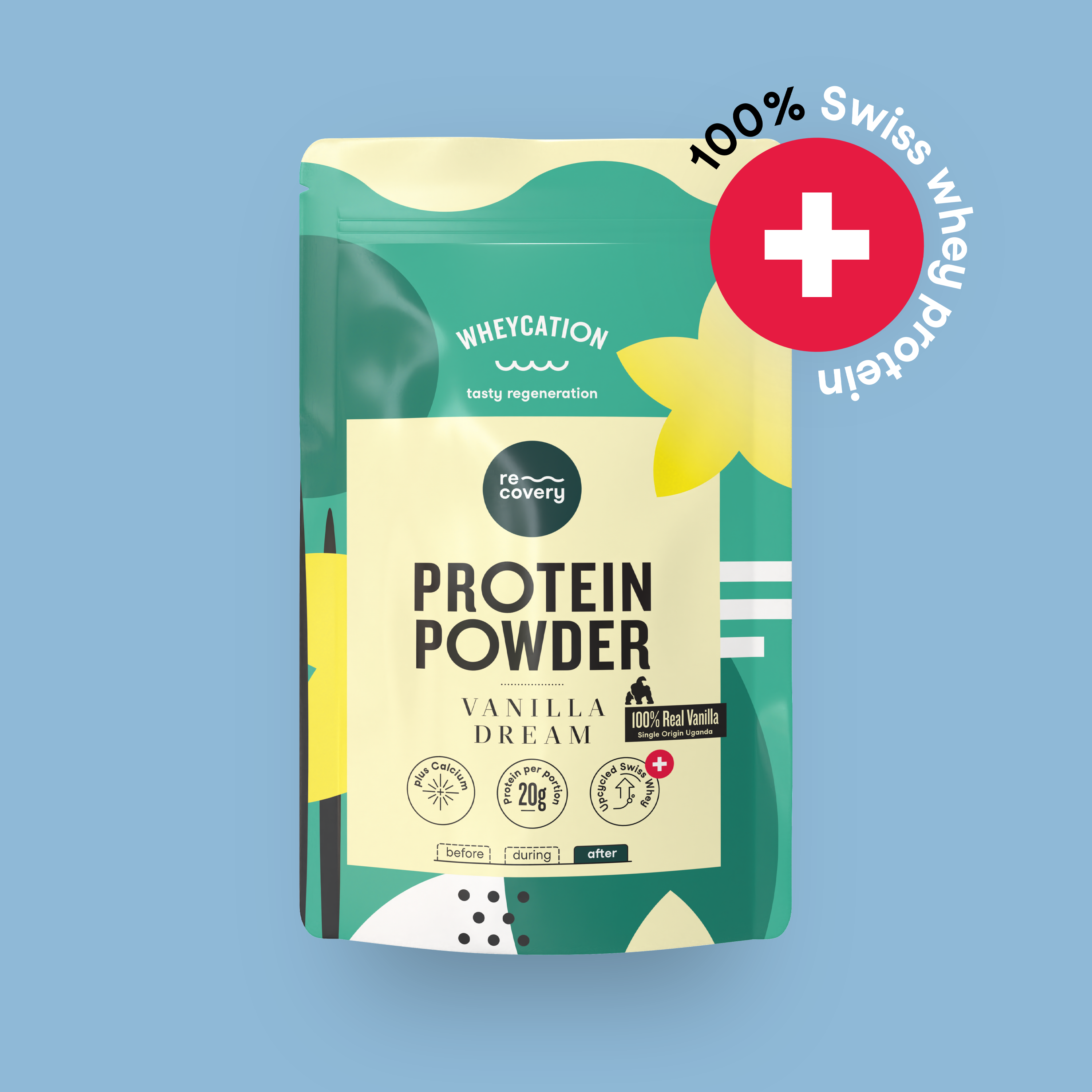

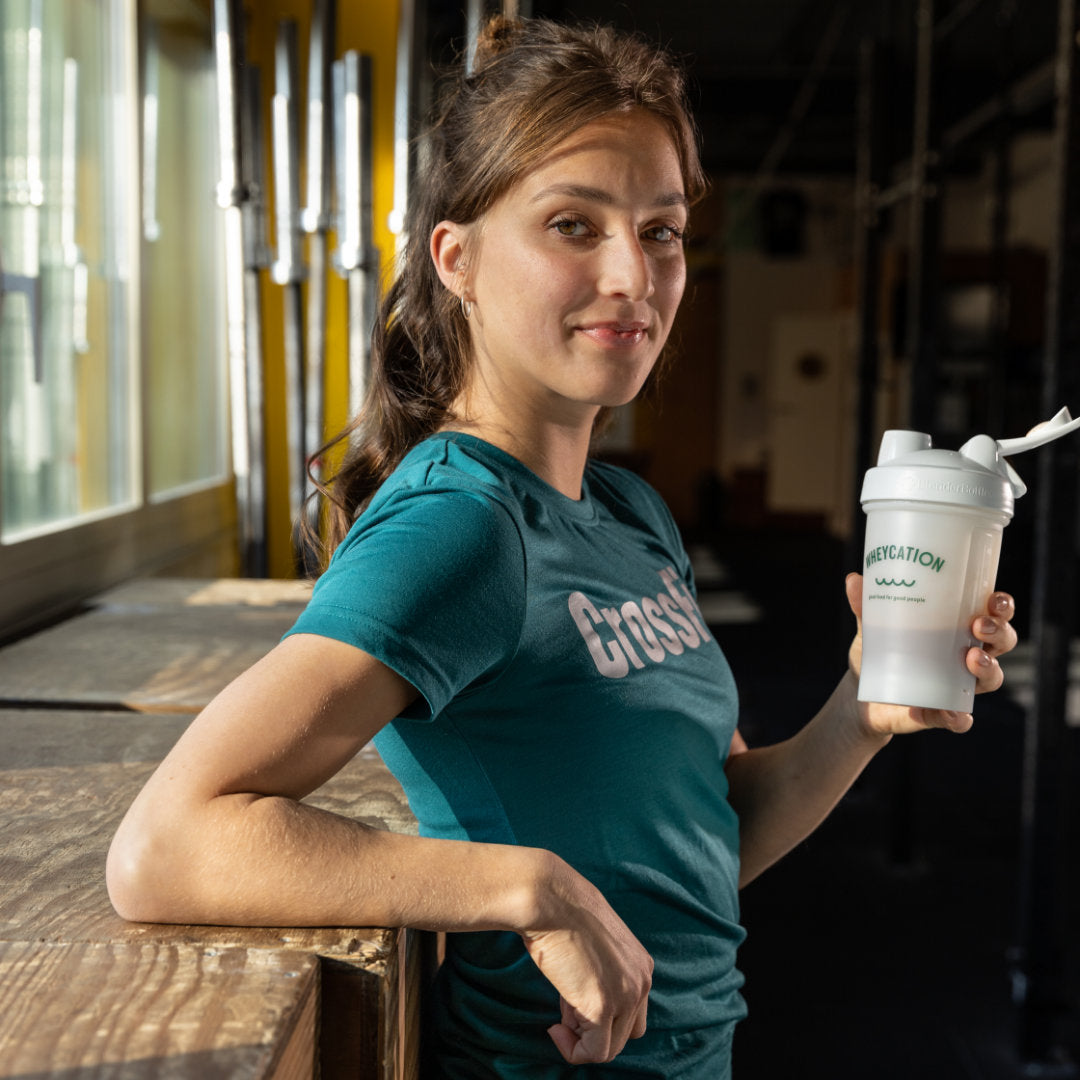
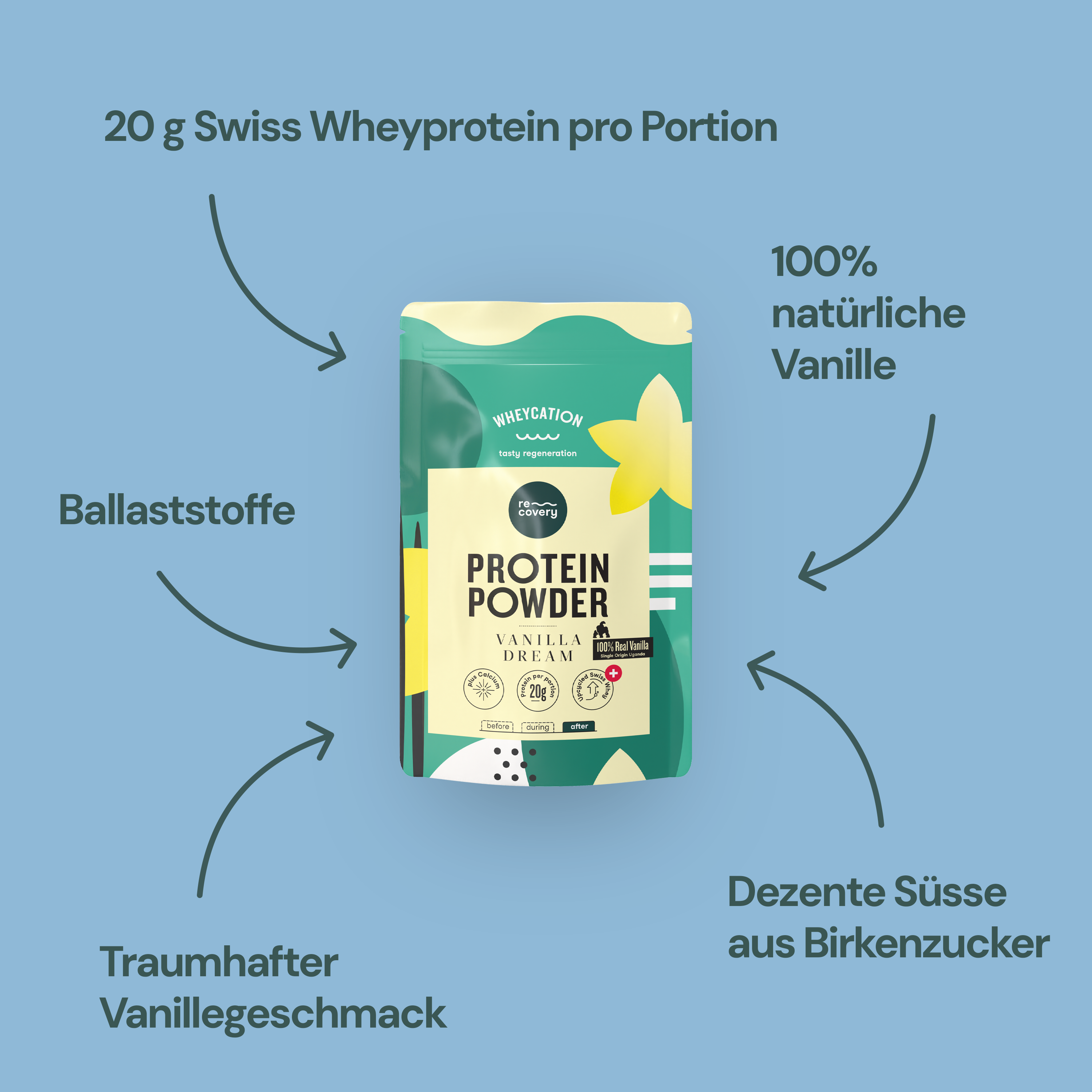
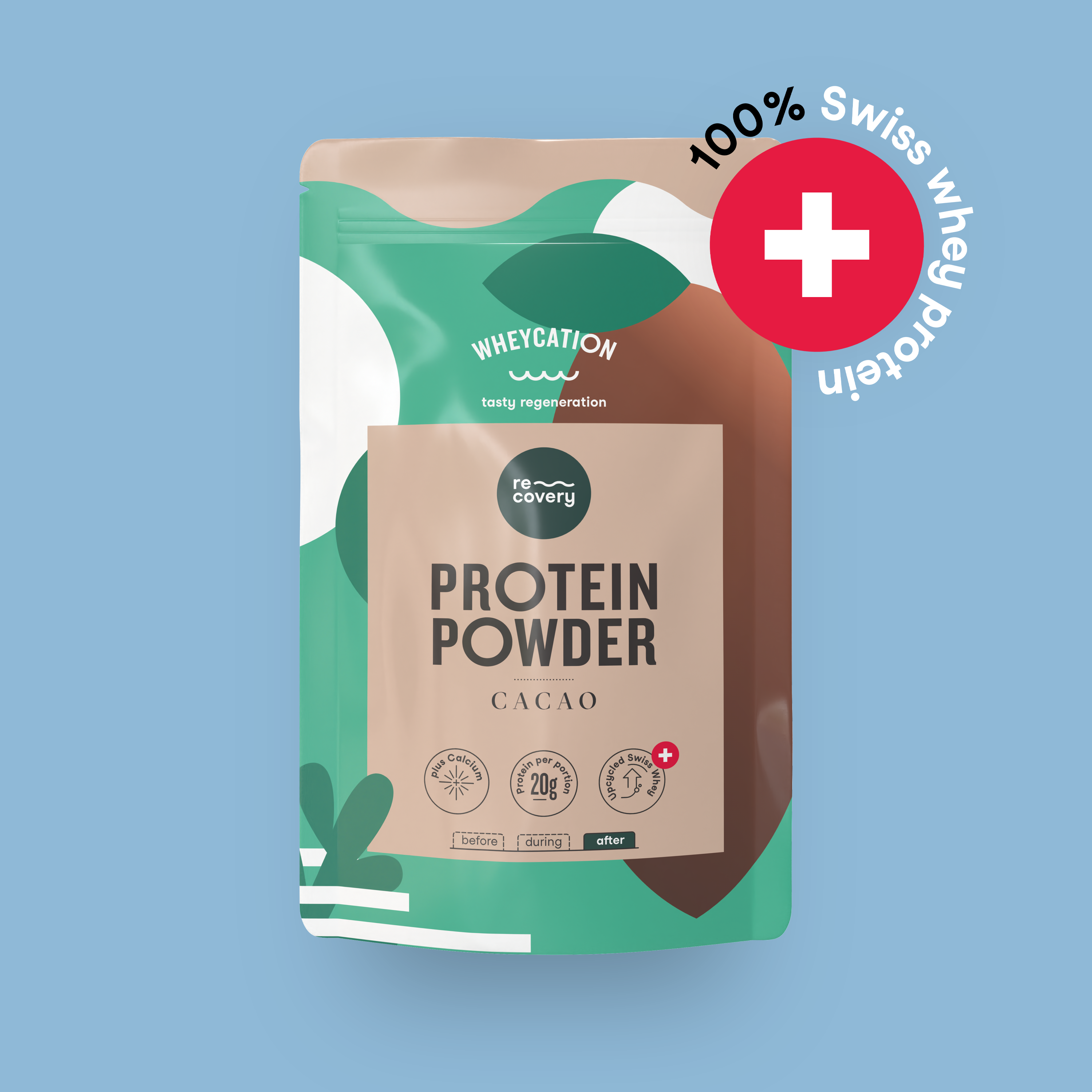

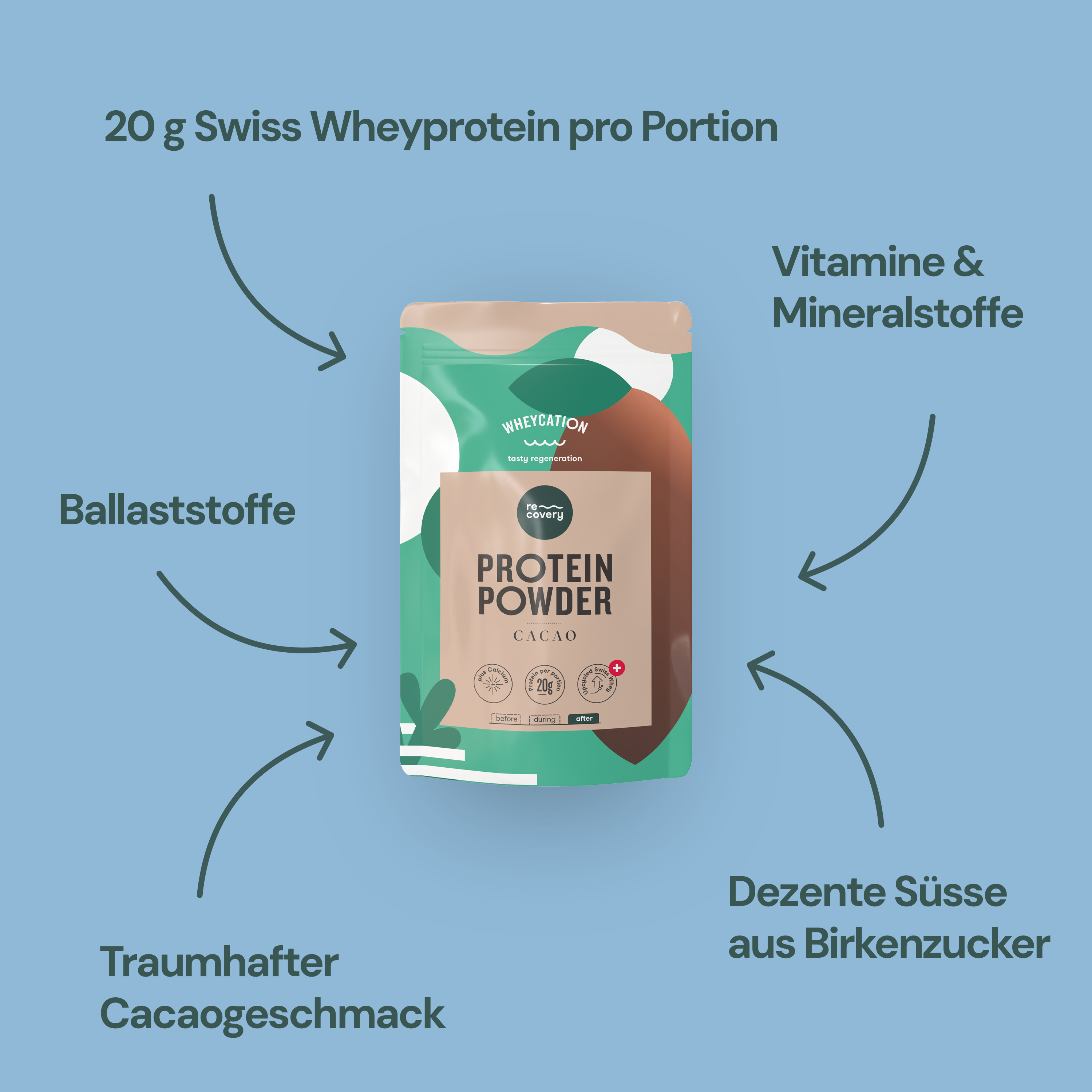
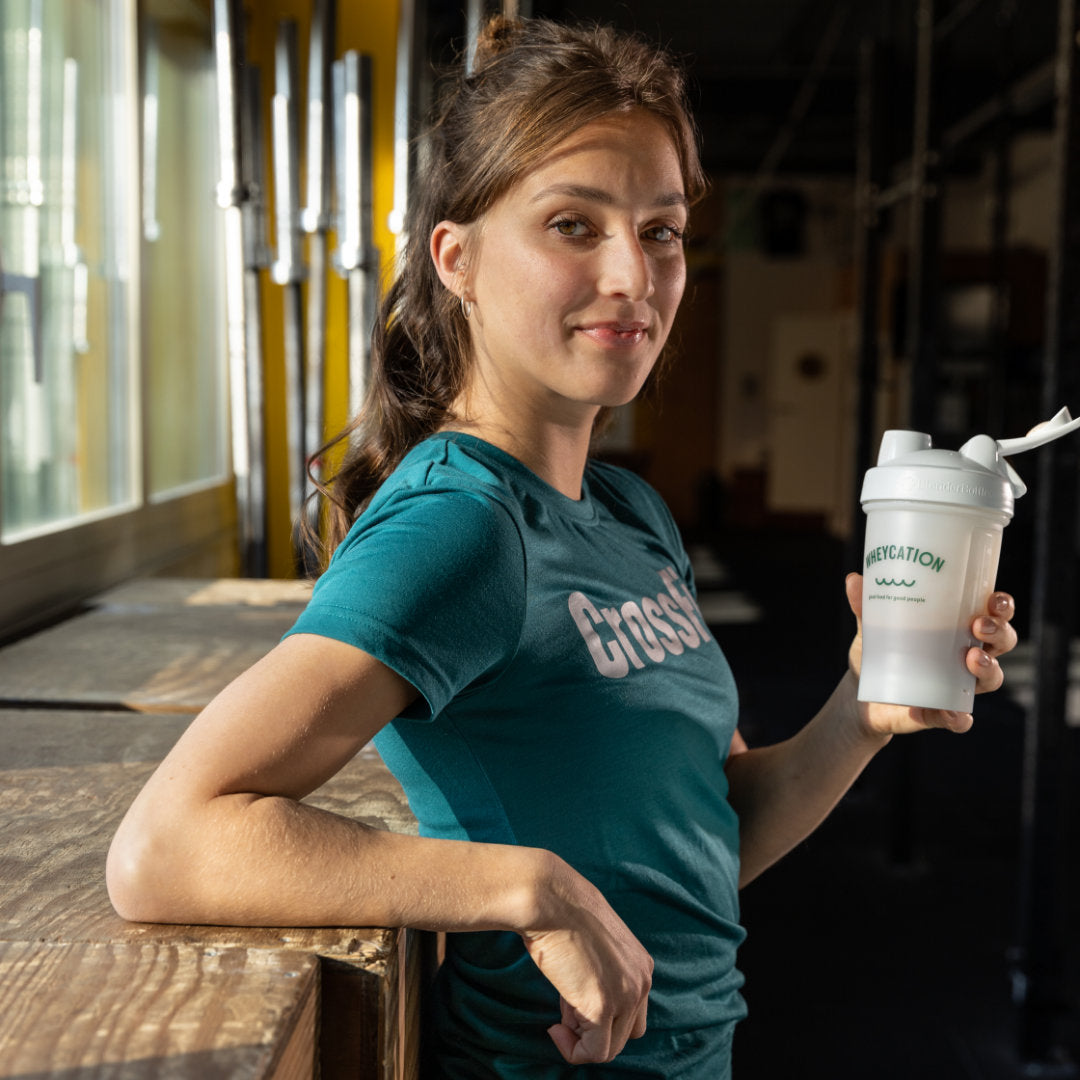
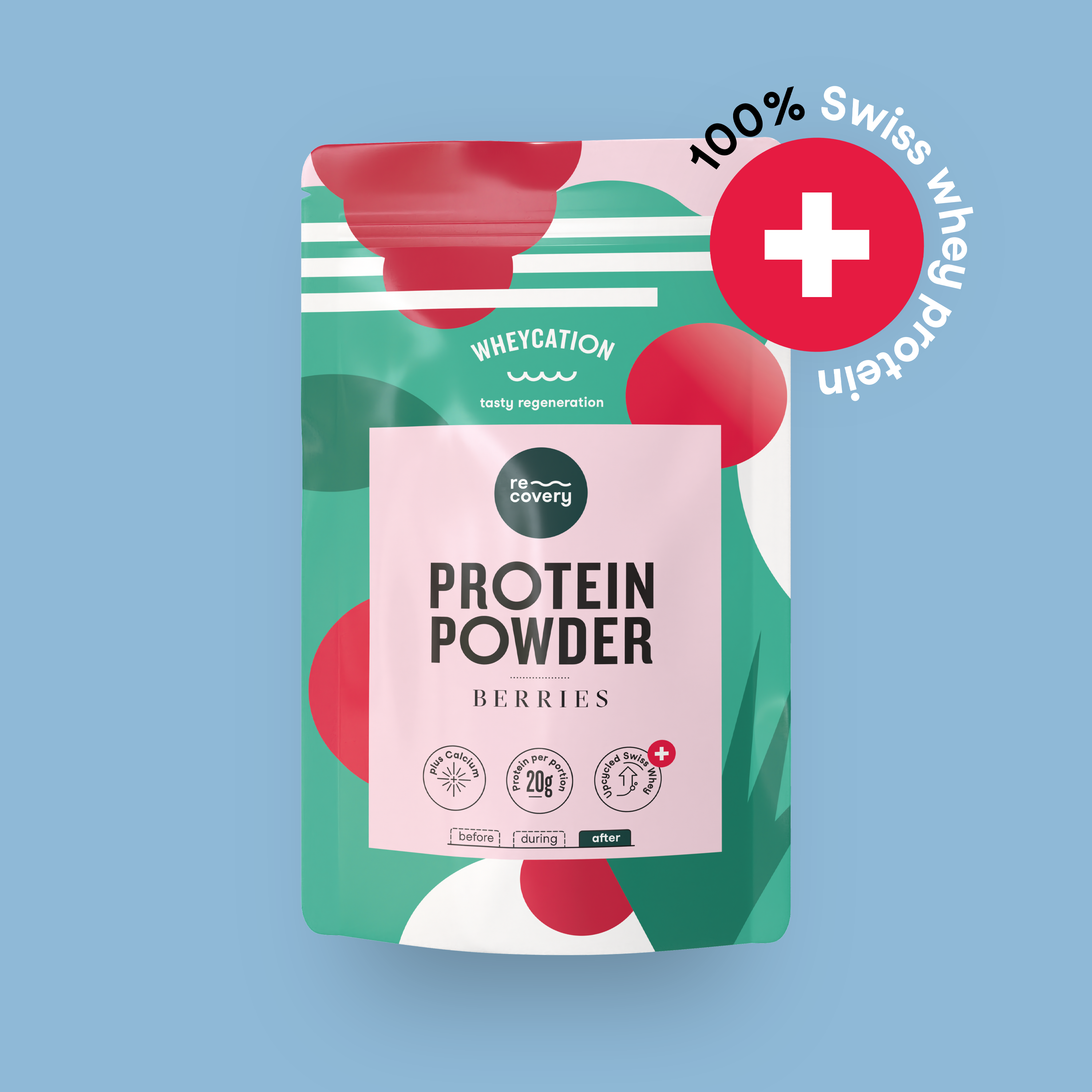
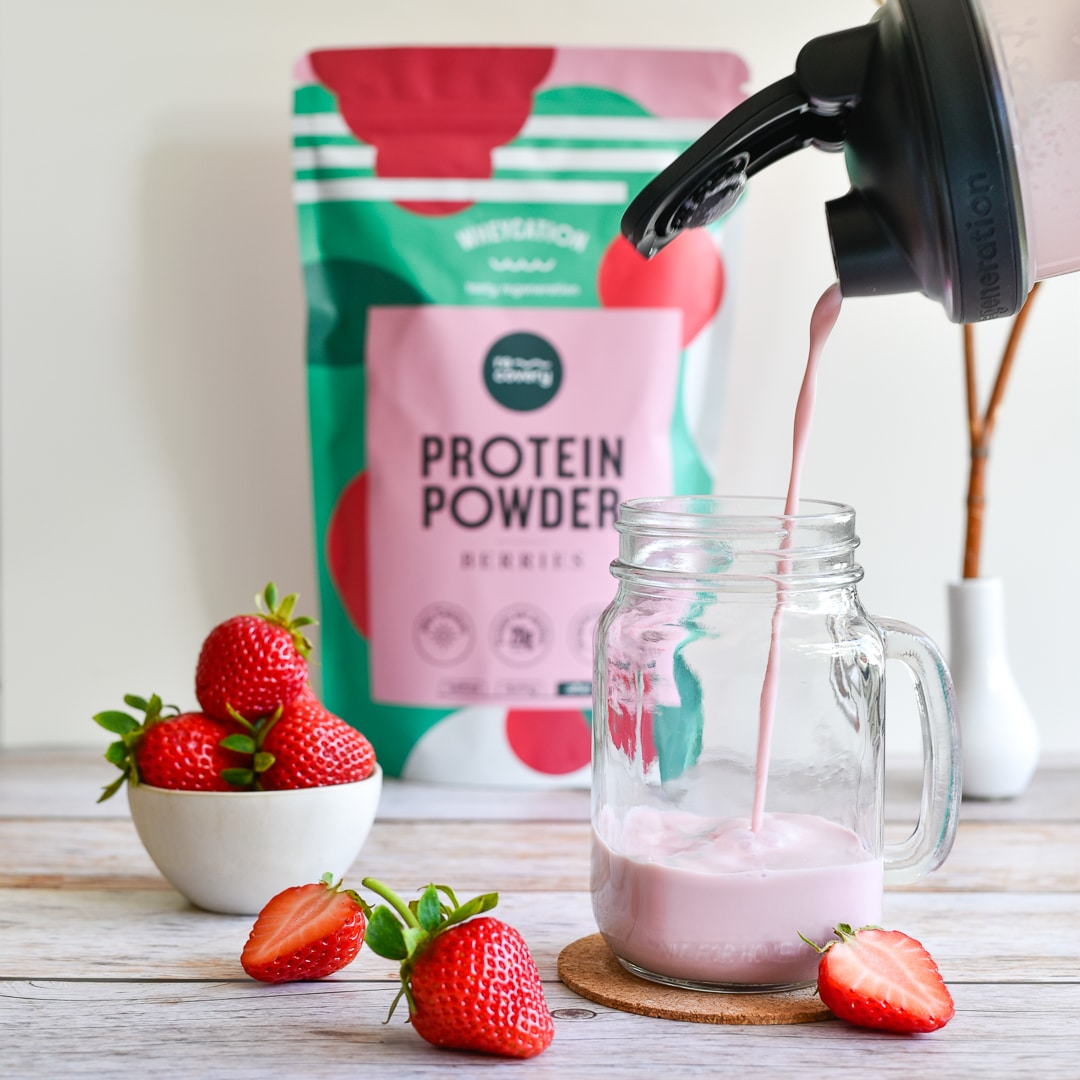

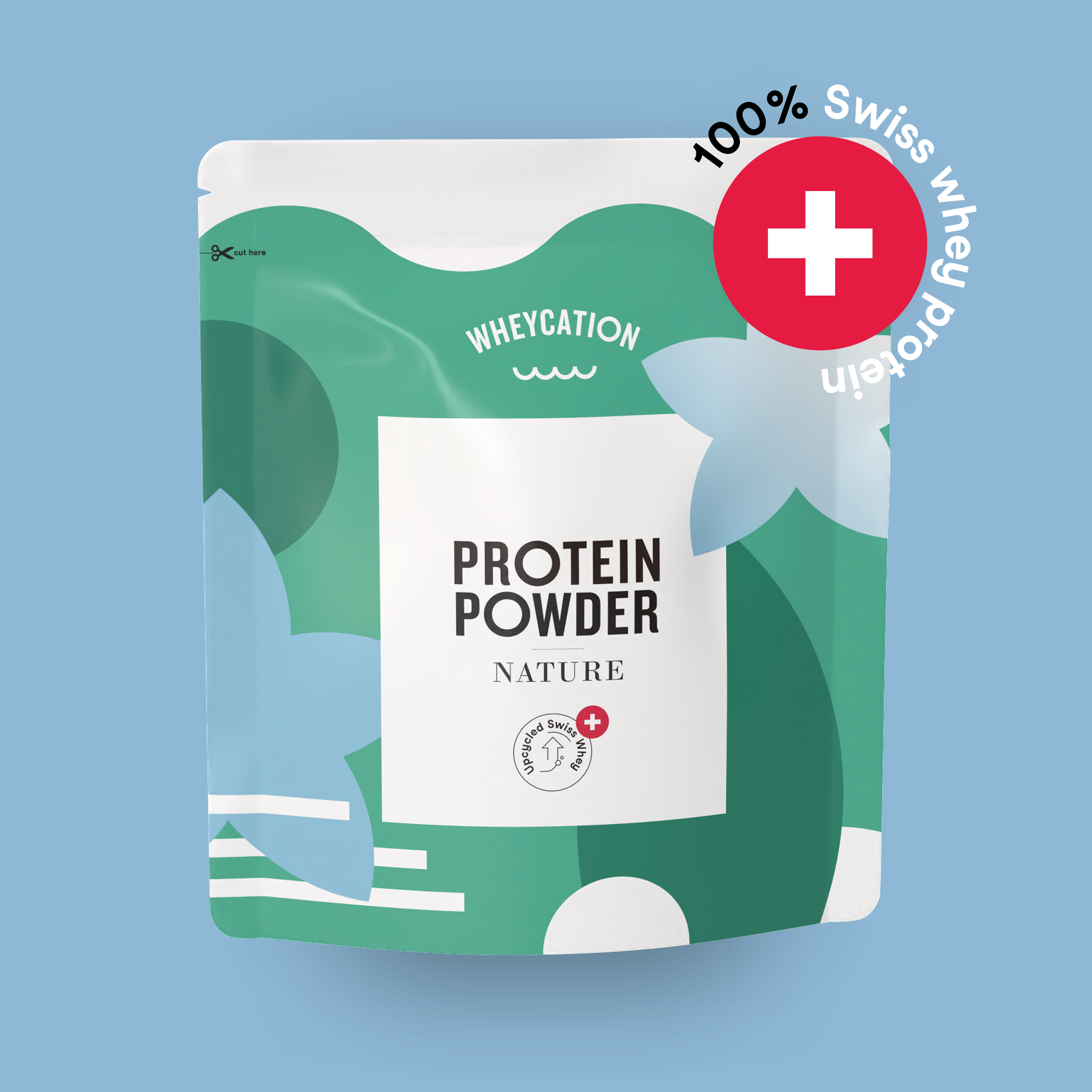
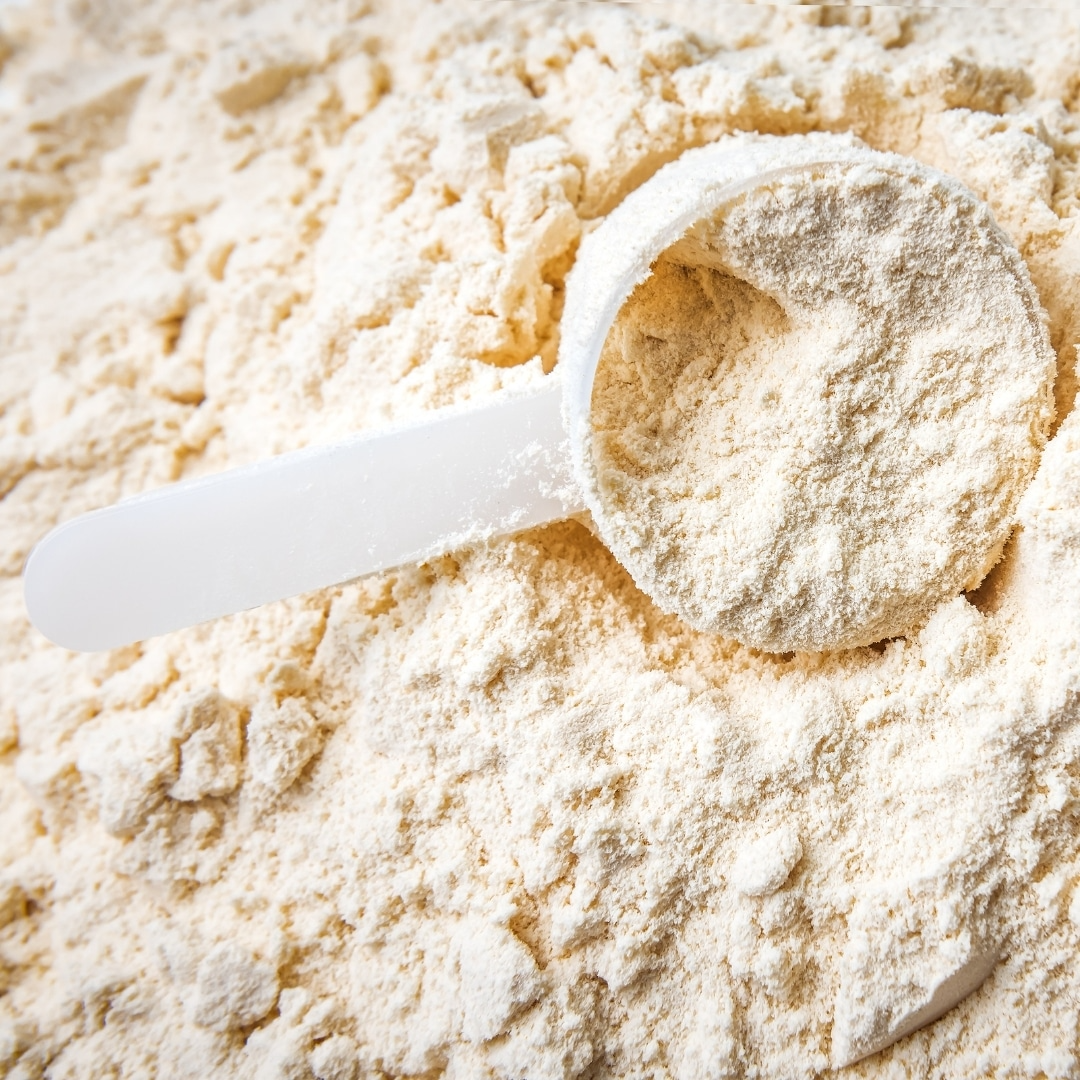
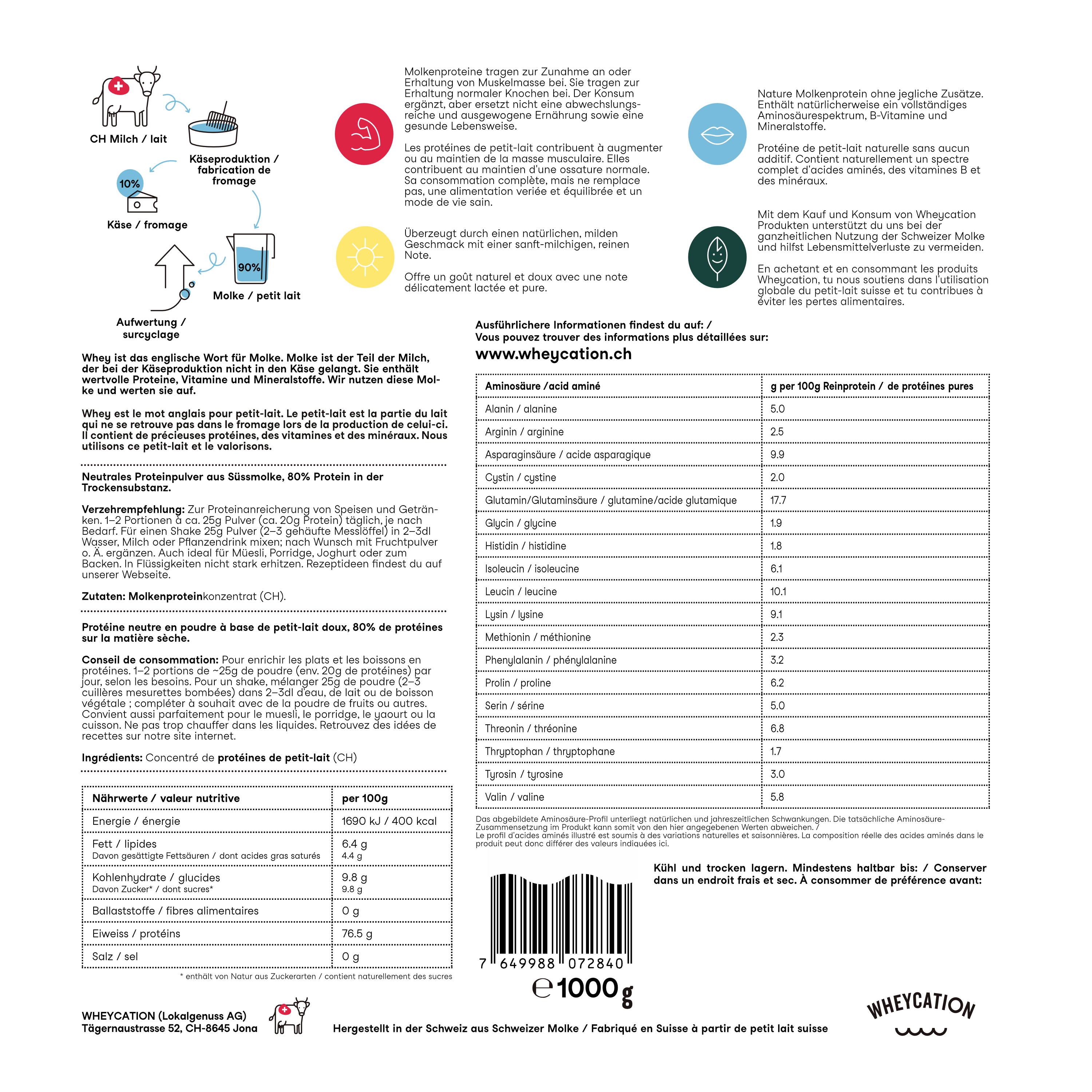
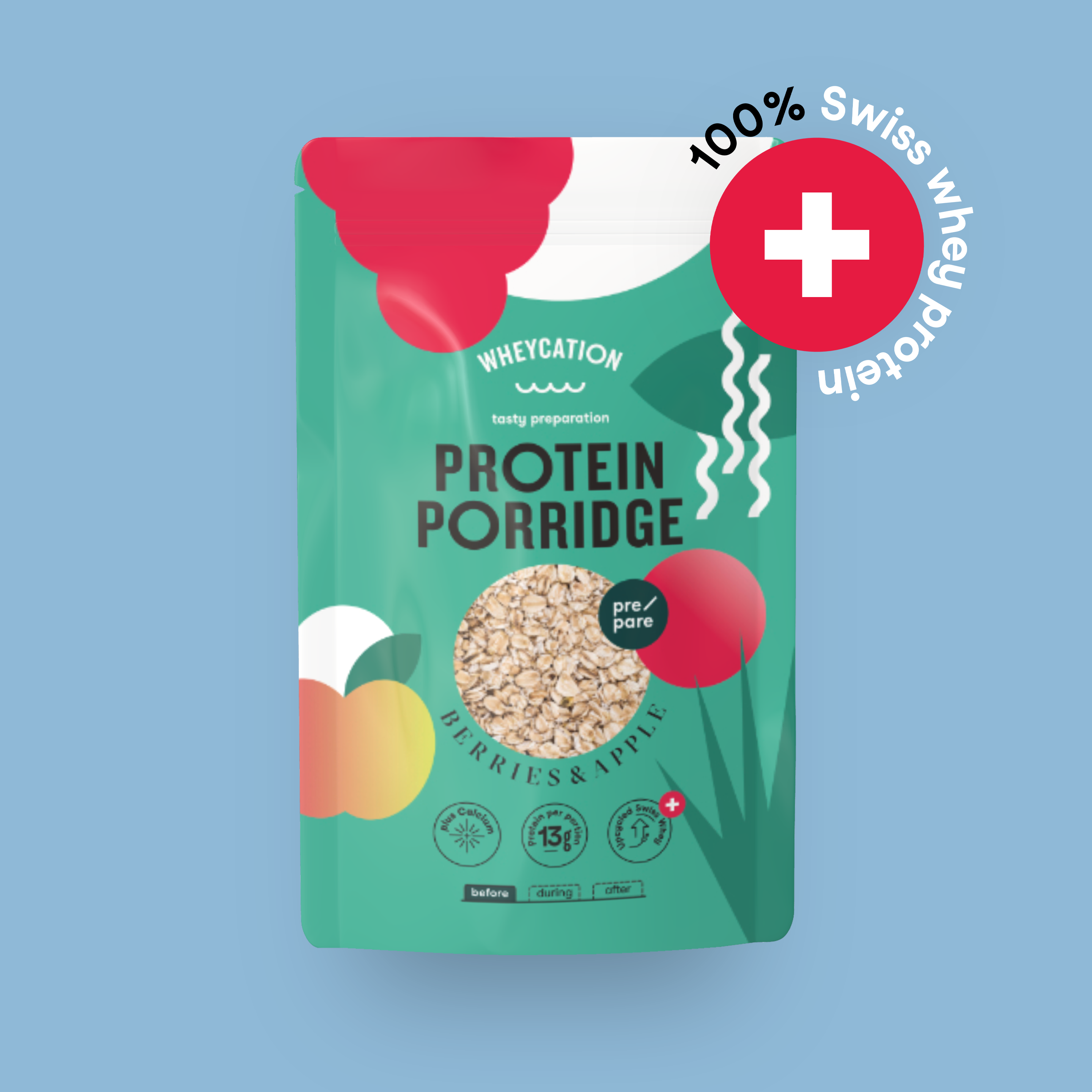
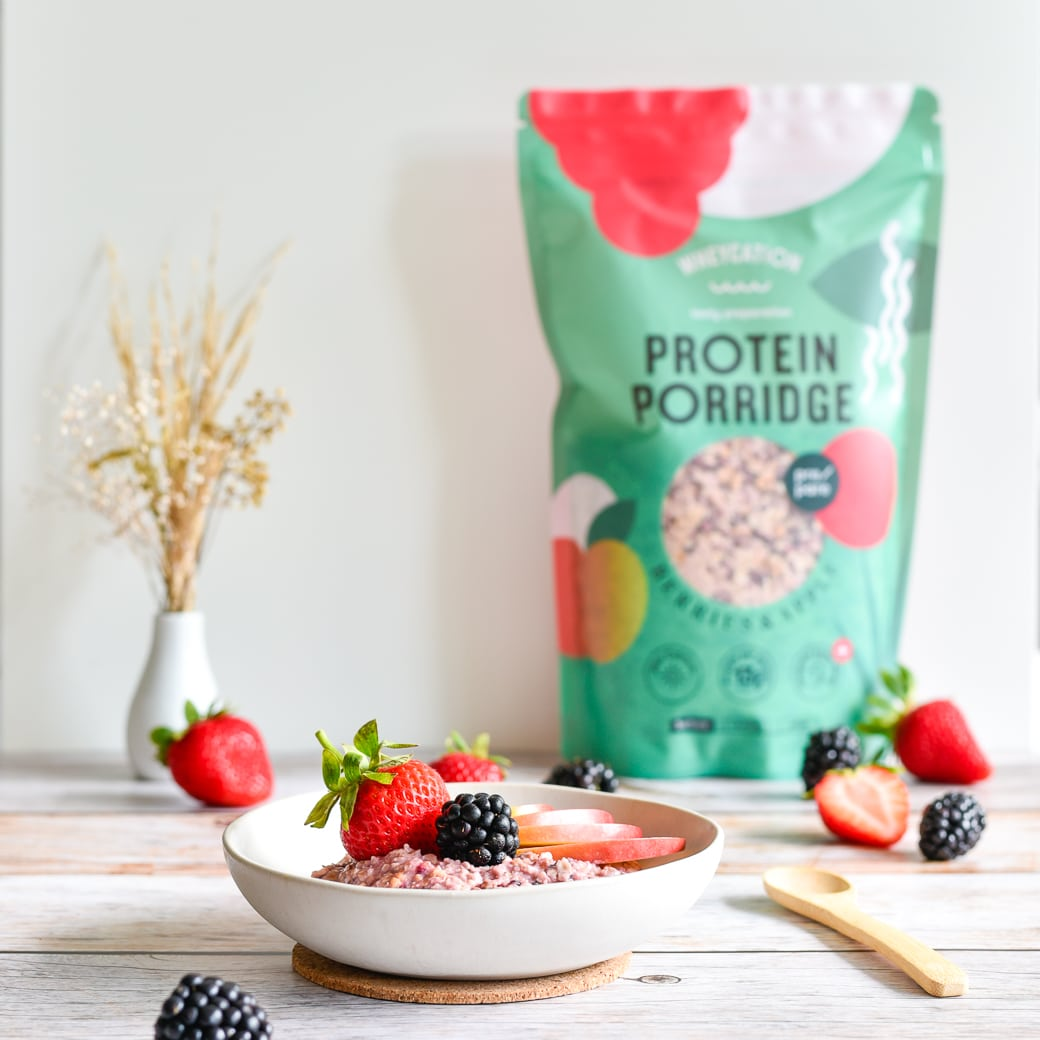

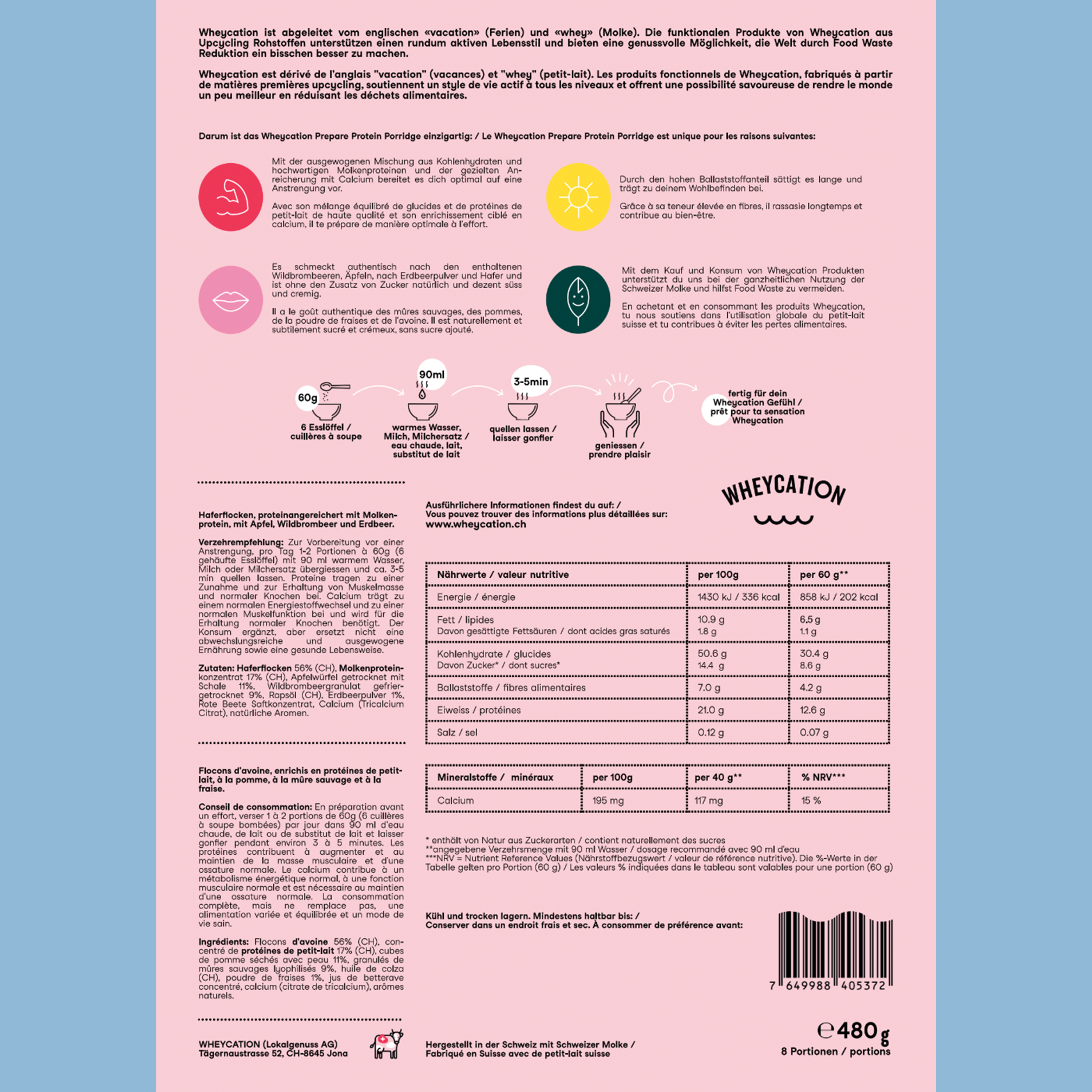
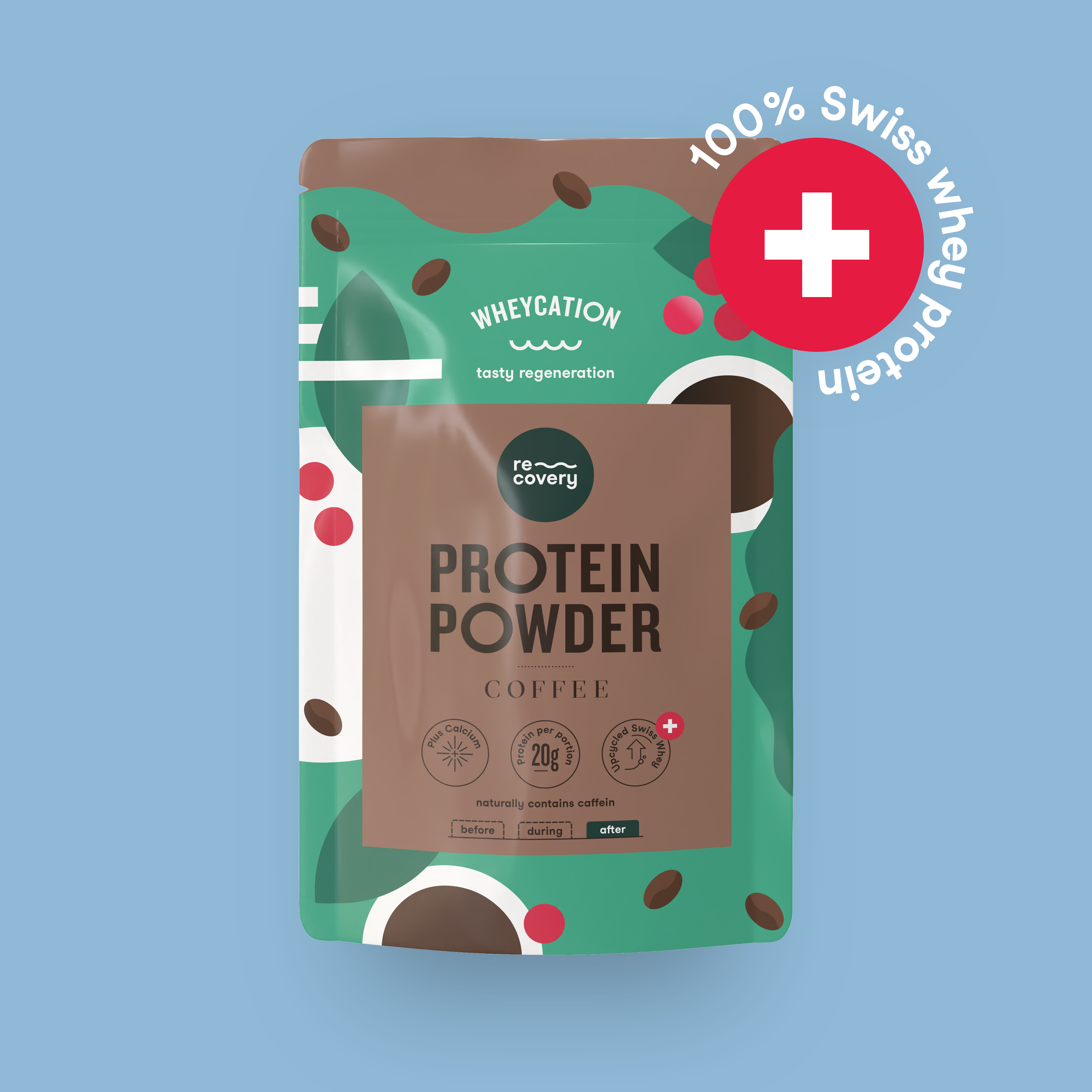
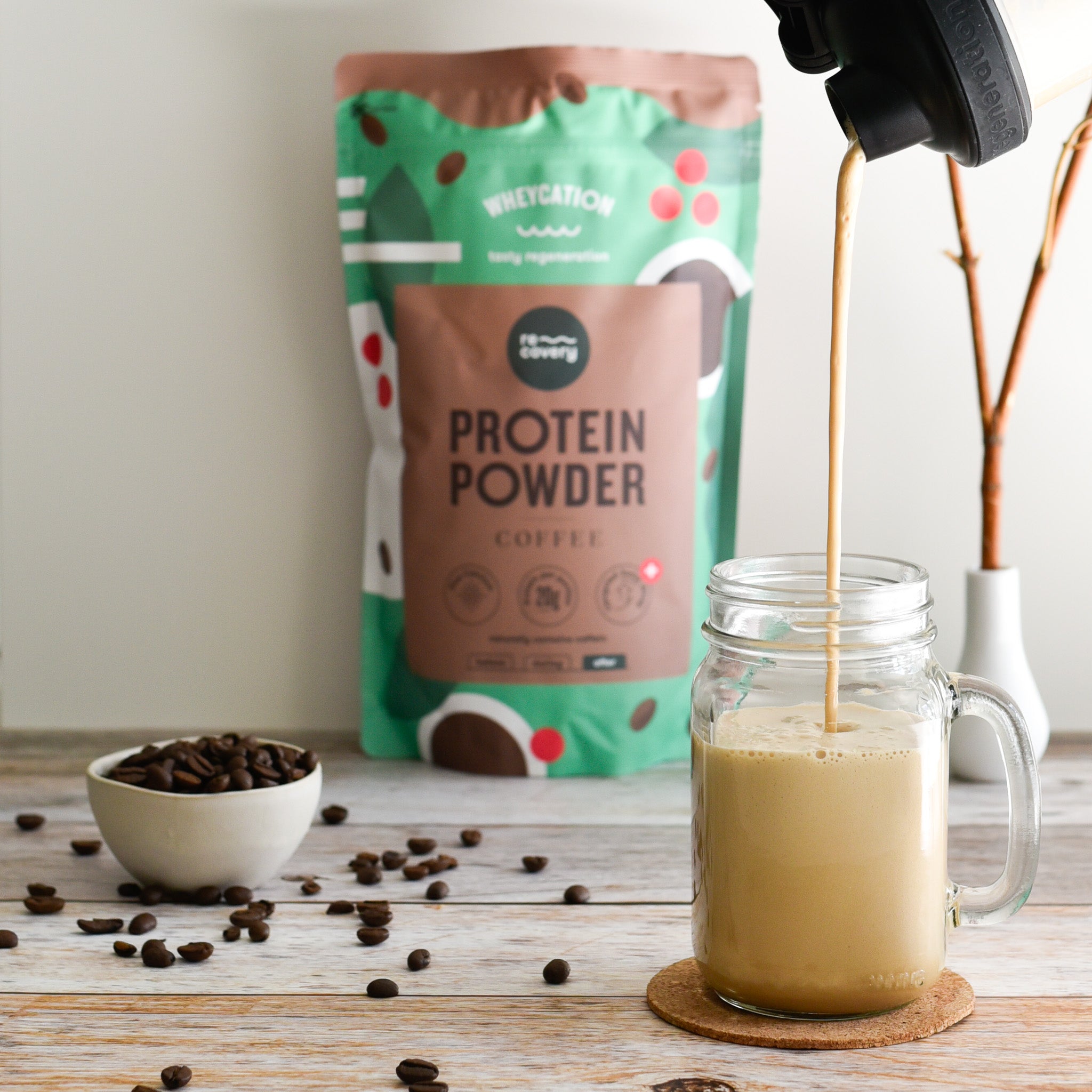




Split: